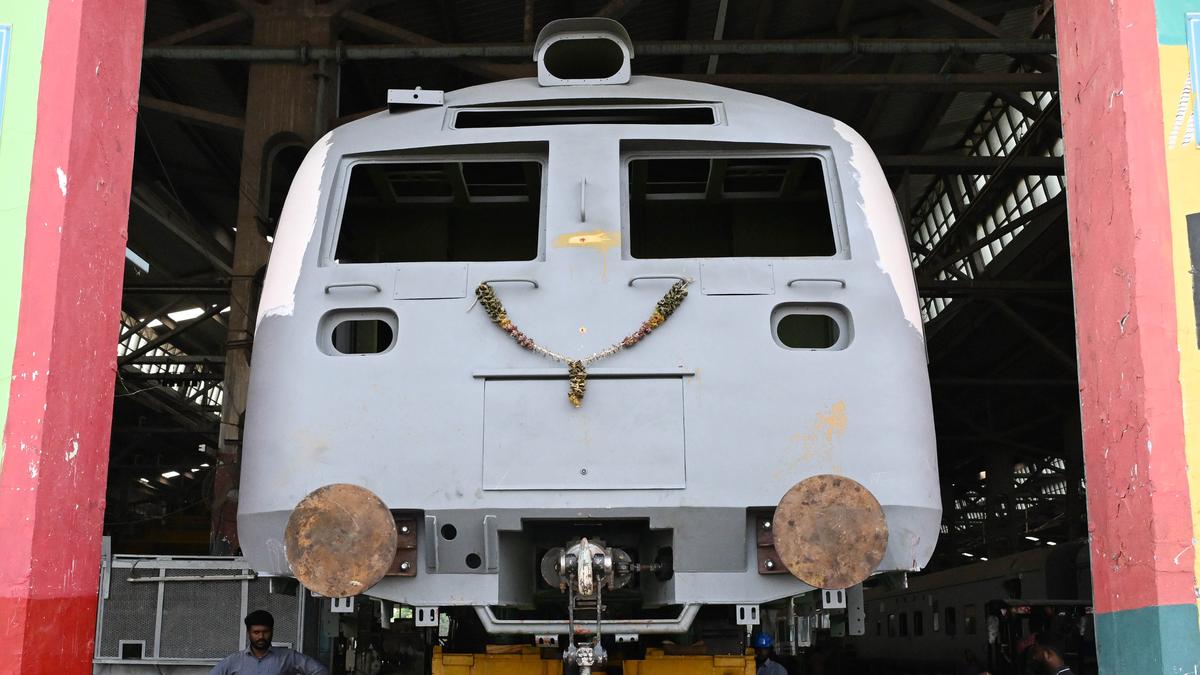The Indian Railways has successfully tested the first hydrogen-powered coach or driving power car earlier this week in Chennai. The testing occurred at the Integral Coach Factory (ICF) and marks a key milestone in its quest to build India’s first hydrogen-powered train, a feat achieved by only a few railways across the world.
Hydrogen is a clean fuel and will reduce the dependence of the transport sector on fossil fuels. Railways are one of the key players in India’s mission to reduce greenhouse gas emissions, especially in the transport sector.
According to officials, the project is in its final stage, and testing of various equipment is being conducted before the hydrogen-powered train enters commercial service.
The New Project
The newly launched project, undertaken by the Northern Railway zone, will increase the share of renewable energy in the energy mix used by Indian Railways. The project costs a total of around ₹136 crore and has two components:
-
The conversion of two conventional 1,600 HP diesel power cars into hydrogen fuel cell power traction systems, and
-
The setting up of a hydrogen storage and fueling facility at Jind in Haryana.
This storage facility will have a capacity of 3,000 kg of clean fuel.


